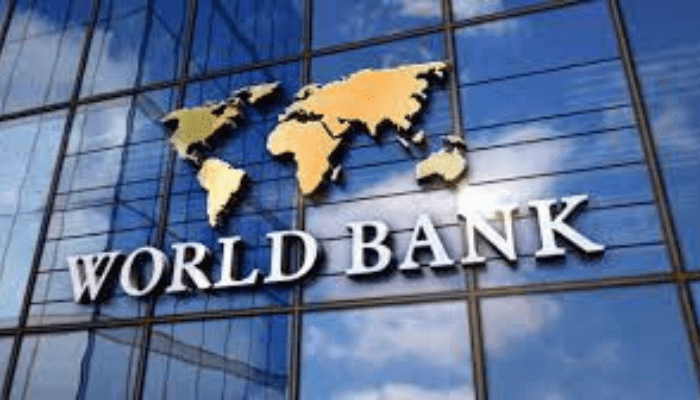Nigeria’s economy achieved its fastest growth in nearly ten years in 2024, according to the World Bank, which attributed the development to a robust fourth quarter and improved fiscal conditions.
Speaking during a presentation on Monday, Alex Sienaert, the bank’s lead economist for Nigeria, revealed that the economy expanded by 4.6% year-on-year in the fourth quarter of 2024.
Citing high-frequency business indicators, he noted that the momentum has continued into early 2025.
Nonetheless, Sienaert cautioned that high inflation remains a pressing concern.
The remarks came ahead of the launch of the Nigeria Development Update report in Abuja, a bi-annual World Bank publication that explores key economic and policy issues while analysing Nigeria’s developmental landscape.
The economic uptick coincides with significant reforms introduced by President Bola Tinubu’s administration, including the removal of petrol subsidies, reductions in electricity allowances, and a major devaluation of the naira, all of which have contributed to inflationary pressures.
In February 2025, the country’s annual inflation rate eased to 23.18%, the lowest since June 2023, down from 24.48% in January.
Food inflation followed a similar trajectory, falling to 23.51%, its lowest since September 2022, from 26.08% the previous month.
However, core inflation, which excludes volatile agricultural and energy prices, rose to 24.43% from 23.01%.
On a monthly basis, consumer prices climbed 3.90% in March, up from 2.04% in February. The World Bank projects Nigeria’s GDP growth for 2025 at 3.6%.
Sienaert noted that foreign exchange reforms have helped stabilise the naira through the creation of a unified, market-reflective rate.
This has enabled the Central Bank to rebuild its foreign reserves, which now exceed $37 billion.
He described the reserves as a crucial buffer against external shocks.
He further reported a 4.5% increase in government revenue in 2024 relative to GDP, calling it a remarkable milestone driven by the end of foreign exchange subsidies, improved tax enforcement, and a rise in remittances.
These gains helped reduce the fiscal deficit from 5.4% of GDP in 2023 to an estimated 3% in 2024.
Yet, Sienaert cautioned that the full fiscal benefits from the petrol subsidy removal are still unfolding.
Despite these strides, he stressed the need for continued tight monetary and disciplined fiscal policies to rein in inflation and sustain growth.


